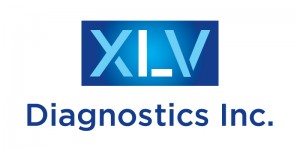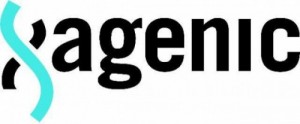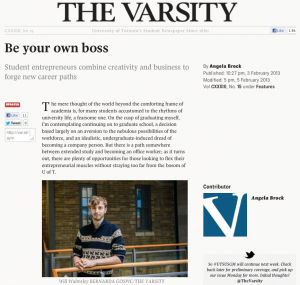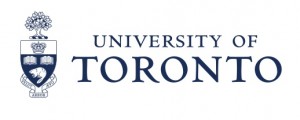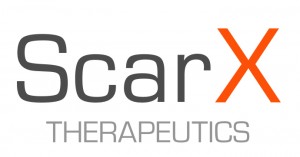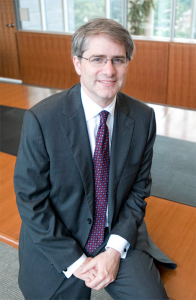Flybits founder Dr. Hossein Rahnama appointed to NSERC

Dr. Hossein Rahnama is one of three new members of the Natural Sciences and Engineering Research Council of Canada. The Honourable Christian Paradis, Minister of Industry, announced the appointments on Feb. 22, 2013.
Rahnama is founder and CEO of Flybits Inc., Research and Innovation director at Ryerson University’s Digital Media Zone, co-founder of Ryerson’s Ubiquitous and Pervasive Computing Lab.
Rahnama is currently in Barcelona to launch Flybits LITE at Mobile World Congress 2013.
In 2012, he was named to MIT Technology Review‘s prestigious 35 Inventors Under 35 list. He also met with and demonstrated Flybits’ technology for His Royal Highness Prince Charles during the prince’s state visit to Canada.


